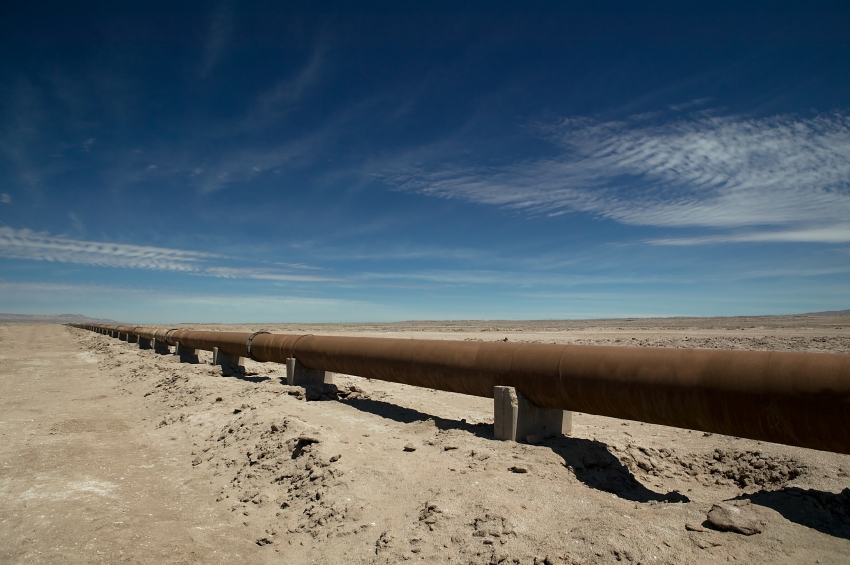Op Eds & Articles

Frayed Turkish-Israeli emotions must not harm their regional interests.
Tensions over Israel’s Gazan offensive should not give Turkey an alibi to shelve the three-year- old MedStream project for a crude oil and natural gas pipeline transiting Caspian Sea reserves via Turkish and Israeli ports to Asian markets.
Such apprehensions were recently raised by several Asian media outlets.
The 480-kilometer underwater Mediterranean pipeline between Ceyhan and Ashkelon would link up with an overland Israeli oil and natural gas transit pipeline to Eilat at the Red Sea where supplies would be reloaded to super tankers and shipped to India, China and other developing Asian countries.
Shipping via the Arabian Sea is predicted to be 40% cheaper, incur fewer delays and be completed in less time than it currently takes through the congested Suez Canal or around the Cape of Good Hope. Eilat can handle tankers able to carry two million barrels a day – twice the volume of the largest vessels passing through the Suez Canal.
By 2010 Eilat will have an additional 500,000 cubic meters oil storage capacity. Additionally, the oil pipeline to Eilat would triple its daily capacity from 400,000 barrels to 1.2 million barrels, eclipsing the Suez Canal, Efie Milutin, the pipeline’s commercial manager told Energy Tribune in January.
Scrapping the MedStream project would be economically foolish. As a pivotal transit port astride the shorter energy-supply route, Turkey could reap international leverage to principal Asian markets.
Real Politique
Ankara’s solidarity with Hamas and its harsh condemnation of Israel during and after the Gaza offensive should not have come as a surprise, given Turkey’s regional role. But as an aspiring peacemaker, Ankara cannot allow frayed tempers to disqualify it as an honest broker in Israeli disputes with Arab neighbors.
Choices are never simple. As a regional power drawing on its Ottoman past, Turkey must reconcile its competing Islamic and Western orientations if it wants to be accepted and respected as a reliable Central-Asian bridgehead.
Turkish ties with Israel have known highs and lows in the more than a decade since the two countries formed a close strategic relationship. Present tensions are likely to be smoothed over once again as business, tourism and military relations are mended and placed on an even keel.
Israel, for its part, can help improved atmospherics by working for a frank peace settlement with the Palestinians.
The proposed Turkish-Israeli pipeline is not exposed to terrorist targeting more than the proposed 2,775 kilometer Iranian-Pakistan–Indian (IPI) pipeline, which is to cross Baluchistan and border areas of Pakistan plagued by guerrilla warfare.
A sustainable Gazan cease fire should strengthen the attractiveness of the Turkish-Israeli pipeline. If Jordan, the Palestinian Authority and Egypt were also to benefit, the project could positively contribute to regional stability.
Russia wants the pipeline to help diversify its sales in Asia to compensate for falling European demands due to tensions over Ukrainian gas supplies. India wants a feasible option if unresolved differences with Pakistan and Iran over pricing mechanisms stymie the IPI pipeline.
Russia, India, Turkey and Israel are set to negotiate financial agreements for the pipeline’s construction after a new Israeli government takes office. It would take another two years for an international consortium to complete a feasibility study for the mega-infrastructure corridor which may also include water, electricity and optic-fiber pipelines. The project could be up and operational by the end of 2012.
—
Yehonathan Tommer is an Israeli correspondent who writes on Mideast affairs for media in Australia, Asia and Canada.

 Back
Back